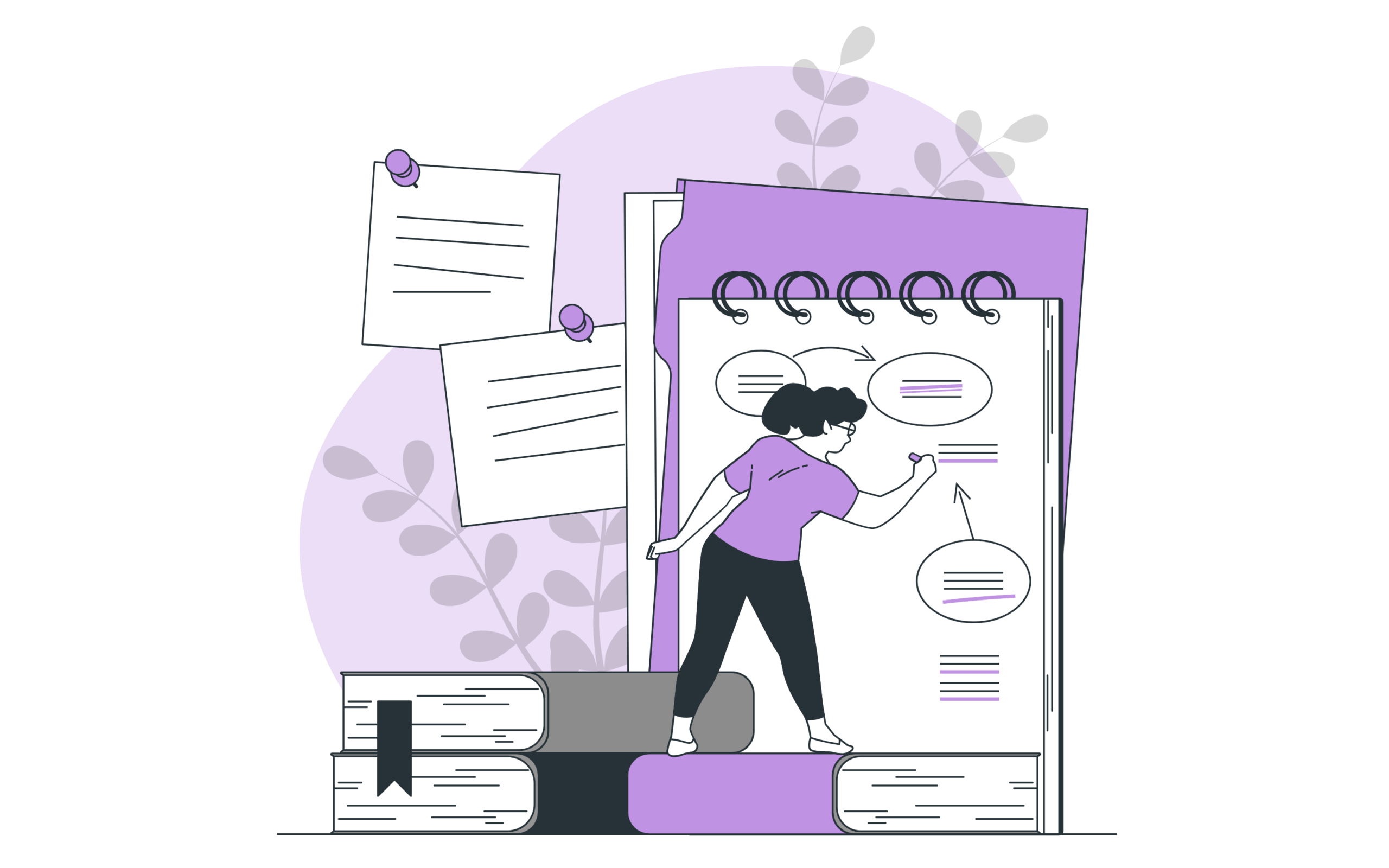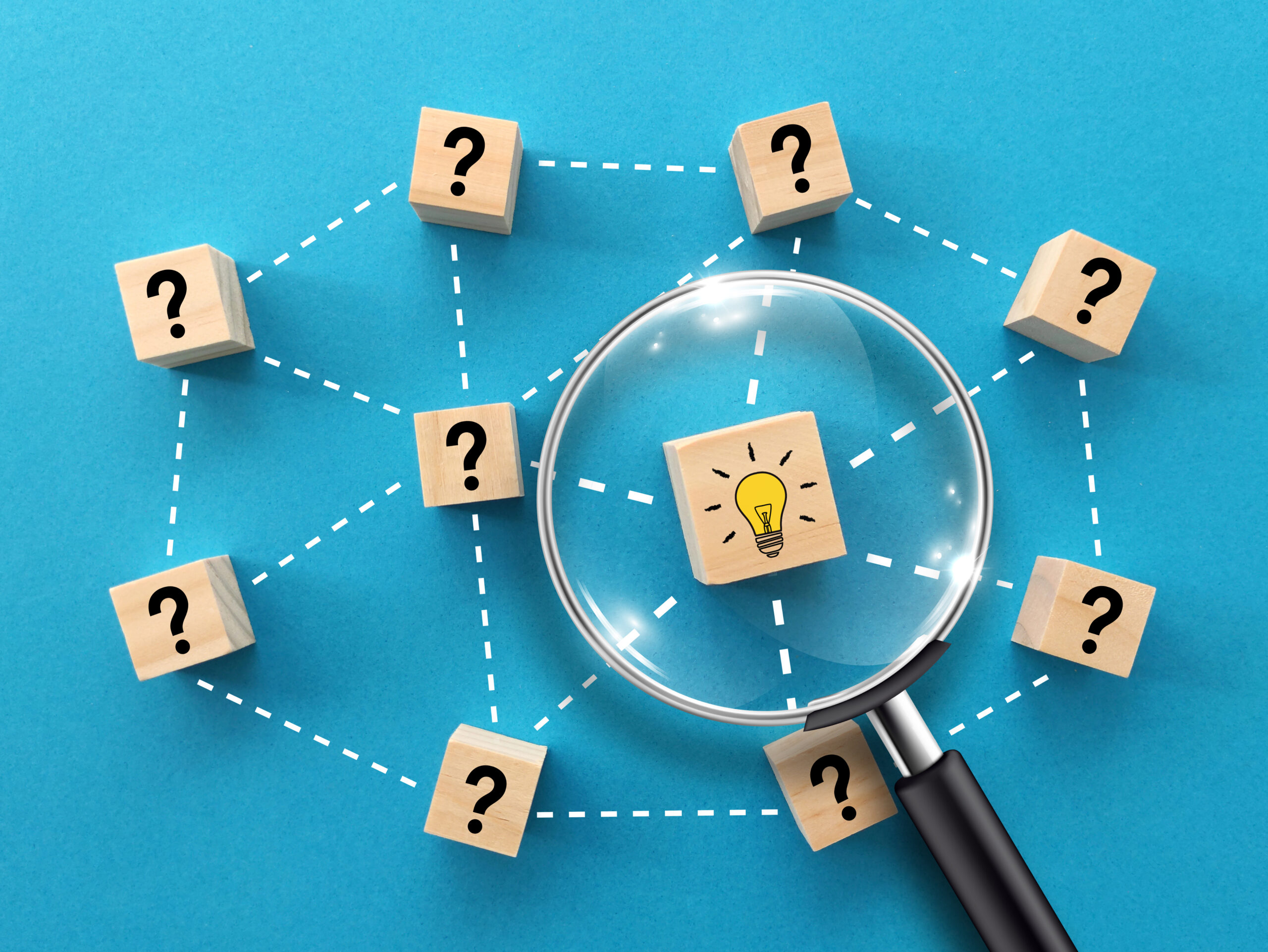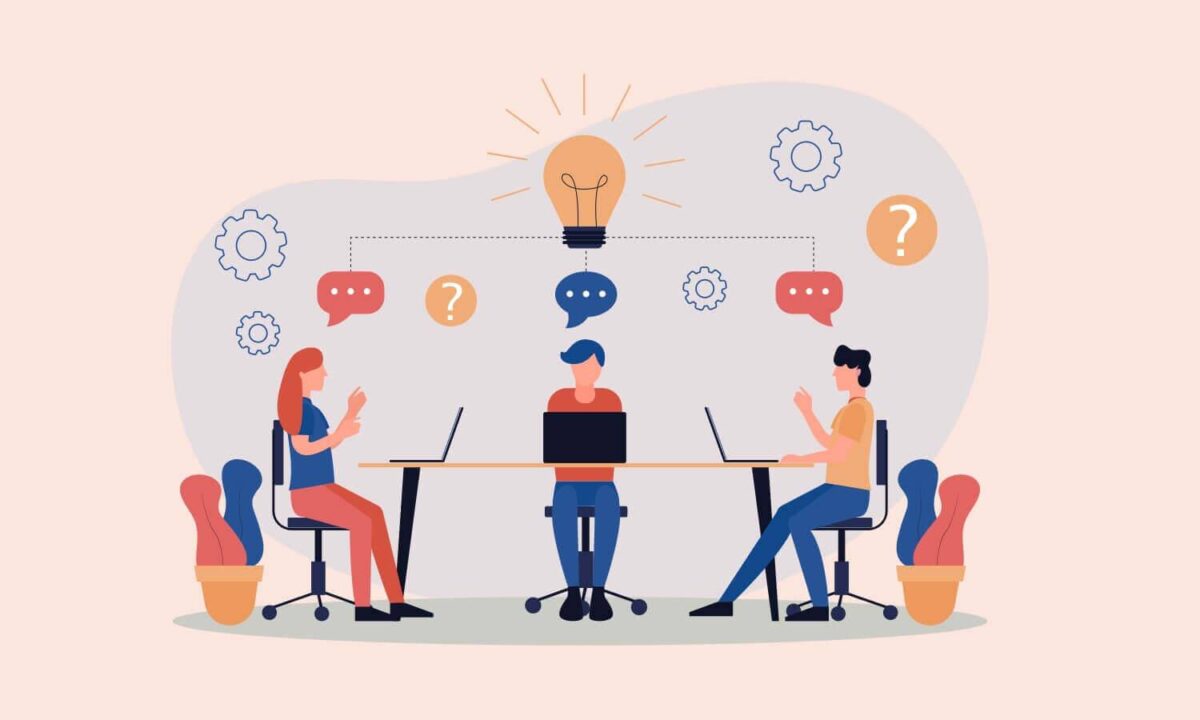Table of Contents
Our day-to-day life is made up of small, often repetitive, tasks. These tasks are usually divided throughout our day, and to be successful in our daily routine, we have to complete them. For a person to complete their tasks, it is crucial to know how to manage them. It is no secret that the best way to do this is to integrate a task management strategy.
Many of us are still unfamiliar with task management strategies or task management on the whole. This lack of clarity pushes us towards incomplete tasks and multiple missed deadlines. Many also assume that task management is somewhat associated with the to-do list, but it is so much more than that.
To understand more about task management, we first need to understand its meaning. This article will define task management and discuss its extreme importance both personally and professionally.
What is Task Management?
Task management is defined as a strategic and dynamic system designed for efficient planning and execution of tasks, ensuring a streamlined path to successful completion. Whether tackling individual to-do lists or contributing to collaborative projects, effective task management is the cornerstone of productivity.
In the realm of daily routines, tasks exhibit diverse phases, each demanding a unique approach. Mastering these phases and tailoring your strategy accordingly is the key to unlocking optimal productivity and meeting deadlines.
Our task management system stands out for its versatile functionality, seamlessly adapting to both personal and project-oriented needs. As you delve into the intricacies of task management, consider the nuanced phases your tasks traverse. Adapting your approach with precision can significantly enhance your workflow, resulting in timely and successful outcomes.
Experience the unparalleled efficiency of our task management tools, meticulously crafted to elevate your productivity. Start your journey towards purposeful task management today, and discover the difference that strategic planning can make.
Difference Between Task Management and Project Management
Task management mainly focuses on individual tasks linked with your professional and personal life. It documents a strategy to organize and complete your given tasks.
On the other hand, project management involves managing a project with a fixed initial point or phase and an ending or concluding phase. Project management talks about executing specific professional goals and excludes personal goals. It has a deadline and maturing or expiring dates given its reliance on stakeholders and customer expectations.
What Are the Different Task Phases in Task Management?
Task management is all about hitting moving targets, and because of this, there are a couple of different phases that go into the process. Generally, the steps of task management include:
- An initial stage when the task is created
- The second phase is when it's assigned to someone
- The third phase involves its working progress
- The fourth phase is all about monitoring and quality control
Other than these, tasks can also be phased out when terminated, failed, or abandoned. Some of these tasks are not individually based but require teamwork or an environment of collaboration. When we talk about task management, we need to know that it is complex and requires time, attention, and effort. One more key element of task management is flexibility, which acts as a perfect shield for accomplishing your set goals.
How to be Efficient in Task Management
You cannot expect anything better if you don't put effort into it. The best way to create an efficient task management strategy is to put a ton of effort into understanding task management tools and use this to build your plan.
Here are some tricks that will improve your efficiency of task management,
- If your task requires you to form a group, you must adjust your plan to accommodate both team and personal goals.
- Spend the right amount of time on each task. You can prioritize your tasks and adjust your time accordingly. This will enhance your work speed and overall management skills.
- Prioritize organization. This will save you a lot of confusion and enable you to focus on what matters.
- Track your progress throughout your task phases. Noting the progress of each task will tell you where you need to focus the most.
- Utilize task management tools. These will enhance your efficiency and allow you to share tasks among people.
Learn more: 7 Effective Task Management Use Cases
3 Key Steps Involved in Task Management
Task management involves some critical steps that play a vital role in its functioning. Many people tend to ignore them, but in reality, if we keenly observe these simple yet powerful task management steps, we can easily reach our targets within no time.
These steps require less energy and effort and give maximum results to users. We have discussed some of the most critical steps in our guide to help you have an understanding of which steps to follow.
1. Prioritization
If you cannot differentiate your most important tasks from your less important ones, you will likely suffer when the deadlines hit. Every phase of task management requires you to prioritize tasks and ignore some of the less important ones for later.
By prioritizing, you will complete your tasks on time and have enough for yourself and other projects. You will be able to detect the outcomes of your selection and will be able to yield profit.
2. Tracking
Tracking your goals and progress is vital in task management. This helps you reflect on what you lack and what you need to do to accomplish your next task.
Tracking also helps you redefine future paths to avoid repeating the same mistake you made in a repetitive task. Tracking also helps as a motivator for people, giving them a visual reference for their work completed and providing a method to see it through to completion.
3. Scheduling
Scheduling helps you know about your deadline and when you need to complete a task for better results. It facilitates having an accurate estimation of task completion and gives people a solid schedule to work within.
Why Is Task Management Important?
Without task management, we will not be able to organize our tasks, and without organization, the workplace would be entirely out of sync. Task management helps plan, manage, and complete a given set of tasks.
With set task management, you will be able to plan things on time, manage them in a better way without any hassle, and you will be able to solve problems quickly and efficiently. Task management improves your workflow and interlinks other tasks that lead to quick and better completion.
Learn more: 10 Essential Task Management Advantages
Who Can Utilize Task Management?
When it comes to task management, there are no restrictions on who can use it effectively: everyone can utilize task management for better task completion.
However, it mainly benefits those with a heavy docket of tasks and needs a rigid organization. Task management is not for idle people who sit and have nothing to do on their schedule. And this again applies to everyone, because every one of us has tasks of our own. The most common people who go for task management are:
1. Leaders
They can be anywhere from running startups to running states; leaders rely greatly on task management. Their tight schedule requires a lot of things at once, and task management provides them the ease to complete their tasks on time and without any clutter.
2. Teams
Teams are a crucial category because task management helps every office or niche coordinate tasks and maximize their productivity. This encourages them to work towards a mutual goal rather than relying on disconnected approaches.
3. Personal Management
In personal management, the staff usually handle tasks, but that doesn't leave the owner or the related authority to detach from the tasks they have set for themselves.
Benefits of Using Task Management
Multiple benefits show how task management regularly helps us in our daily lives. Some of these are listed below:
- High Productivity: Task management improves productivity by decluttering all the unnecessary things from your daily routine. It gives you the edge over others regarding workflow and overall task completion. With better productivity, you will be pushed towards doing more in your daily routine.
- High-Efficiency: Task management increases efficiency to make your tasks achievable. When your productivity increases, you will likely see a fast delivery in your task completion. This is the best indicator of high efficiency and is a reason that task management is so beneficial.
- Reduced Stress: Task management promotes better mental and physical health. With effective task management, you will lower the chance of work-related stress and tensions. You will not have a fear of missed deadlines and pending meetings because you know all of your requirements are held in one safe place.
- Better Time Management: Time is an important and precious thing in our lives. Once we lose time, we won't get it back. Most workplace regrets and blunders are related to time, and task management reduces time wastage. Task management reduces time wasted while working and accomplishing tasks and gives your team more time to move on to other things.
- Better Problem-Solving: We need creativity to handle many of the requirements in our day-to-day lives. Task management provides us the insight to manage issues creatively and quickly. People can divide their problematic tasks into small chunks and can easily solve them based on the respective type or case.
- Simpler Decisions: Organizing our workplace into simple, achievable tasks makes the decisions we have to make much more straightforward. Allowing a structure to make simple decisions for us frees up our capacity to think critically about significant problems and prioritize what's in front of us.
Learn more: What is the RACI Matrix?
How Can We Implement Task Management in Our Lives?
There are two main ways to implement task management effectively in our lives,
- Tools
- Techniques
Some of these suggested tools are technical and require specific software to implement. Others like the mentioned techniques are not fixed and can vary from person to person. Both tools and techniques of task management act as soft and hard power in tackling daily chores and planning and improving task completion.
Task Management Tools
1. To-do Lists
Simple to-do lists include grocery lists, planning outdoors and indoors, and managing basic tasks. This never goes out of style and will also never become complex for people to utilize. Most task management software starts with this and moves into more complex structures.
2. Boards
Captivating designs and ideas on boards help you distinguish your priorities. These boards have simple themes which help users identify their tasks and manage them visually.
3. Calendars
Calenders help by telling you what date it is and helping you set reminders for some of your important deadlines. You can also add customized deadlines and themes representing your important day.
4. Management Software
These are cloud-based yet fast tools for managing tasks. Accessible anywhere and everywhere, this software will help you set goals and accomplish them quickly. The best example of task management software IdeaScale Whiteboard.
Task Management Techniques
- Declining Less Important Tasks: Learn to decline less important tasks, whether attending an event, shopping, or helping out someone on your team. Practice declining less vital stuff to accomplish your goals, and once your main priorities are finished, you can then move on to helping others.
- Avoid Time Killers: Time-killing distractions are everywhere around us, from our mobile devices to our TV screens. To be effective with your task management, you must avoid wasting work hours on these devices. One effective strategy is budgeting distraction time and scheduling your breaks.
- Balance: Balance your performance. Plan small tasks and then move to bigger ones. Don't tire yourself to pursue more and more. Instead, make sure you accomplish some achievable tasks before jumping into a big new project.
- Avoid Multitasking: You might think multitasking is friendly, but it is not. Most people think they are great at multitasking, but in reality, they waste time on multiple tasks and put in half the effort. You should plan things accordingly and complete them one by one and not all at once.
- Intervals: It is hard to be busy and work 24/7. We, humans, tend to take intervals to enjoy our surroundings. The same goes for task management. Take options that include breaks and times that you can dedicate to yourself.
Conclusion
We have discussed every nitty-gritty detail about task management. It is still a go-to approach for many people struggling to complete their personal and private tasks along with high productivity and efficiency.
Most Recent Posts
Explore the latest innovation insights and trends with our recent blog posts.













